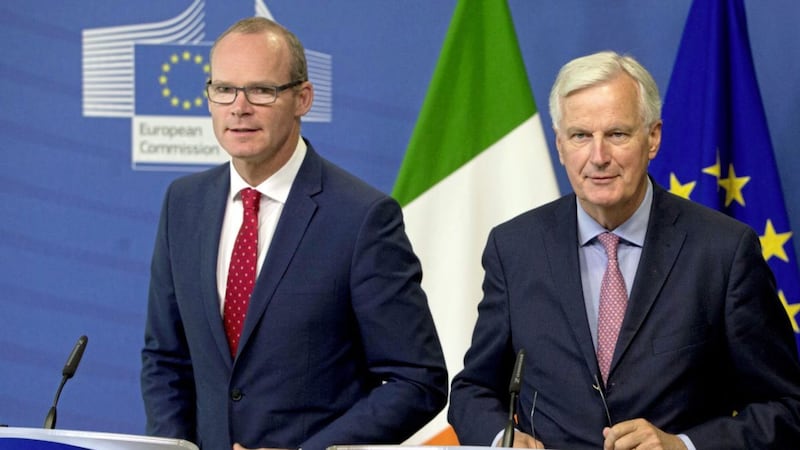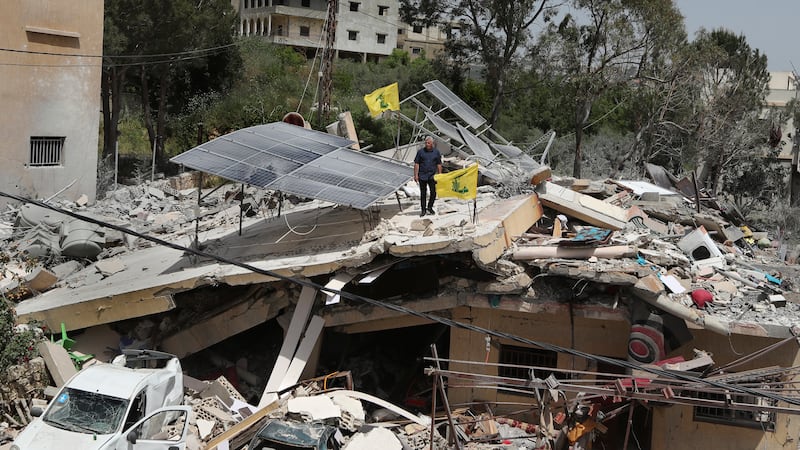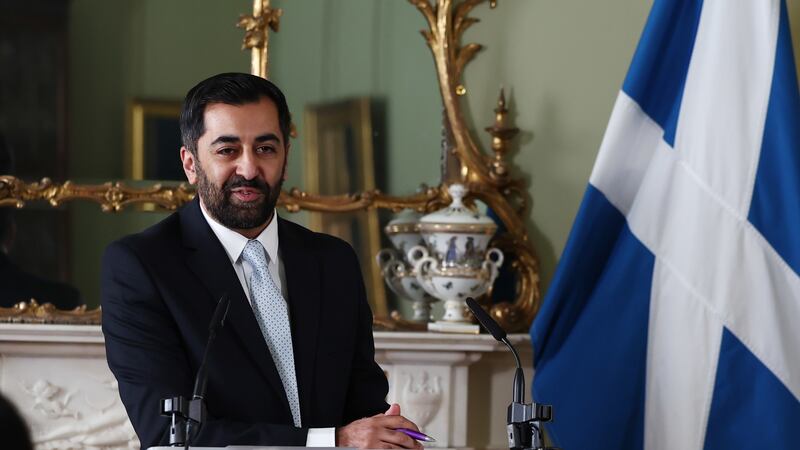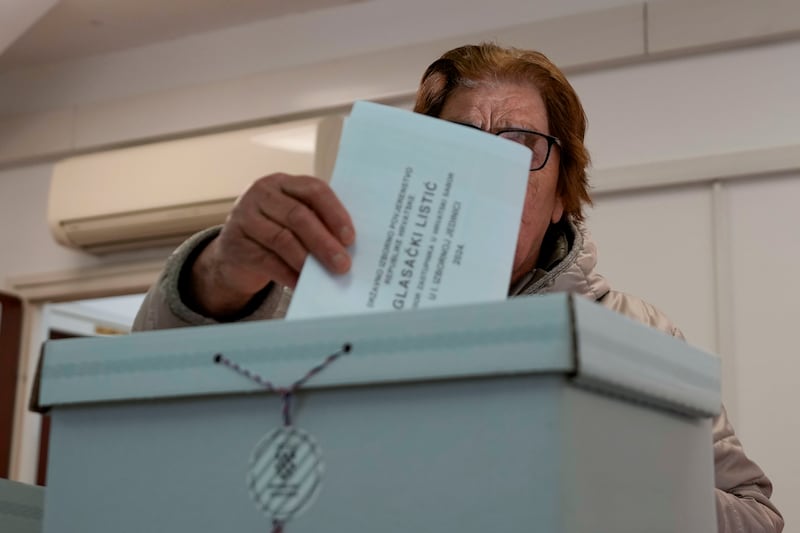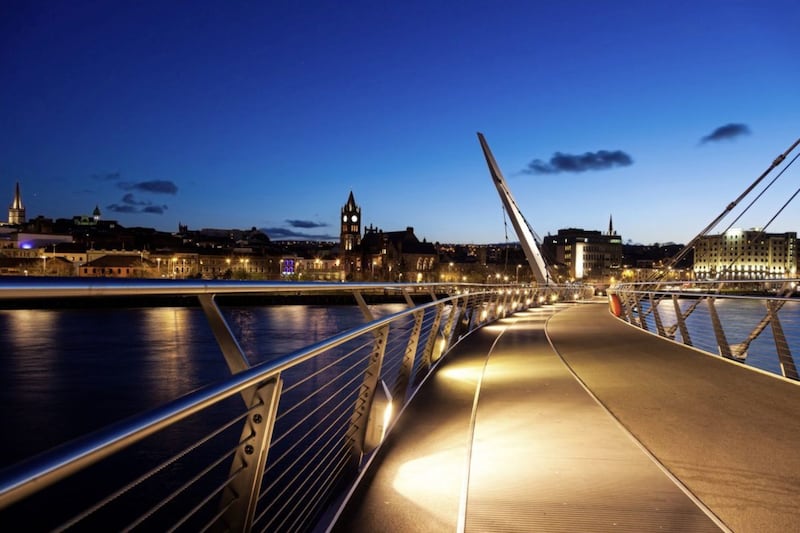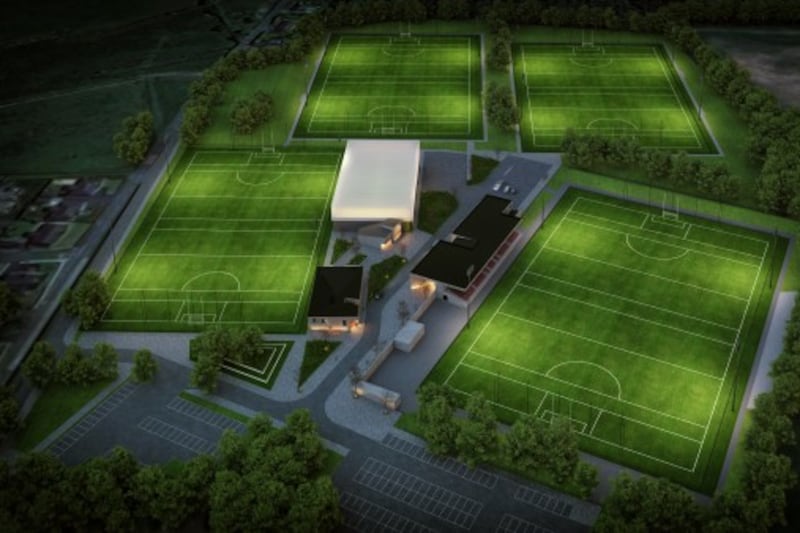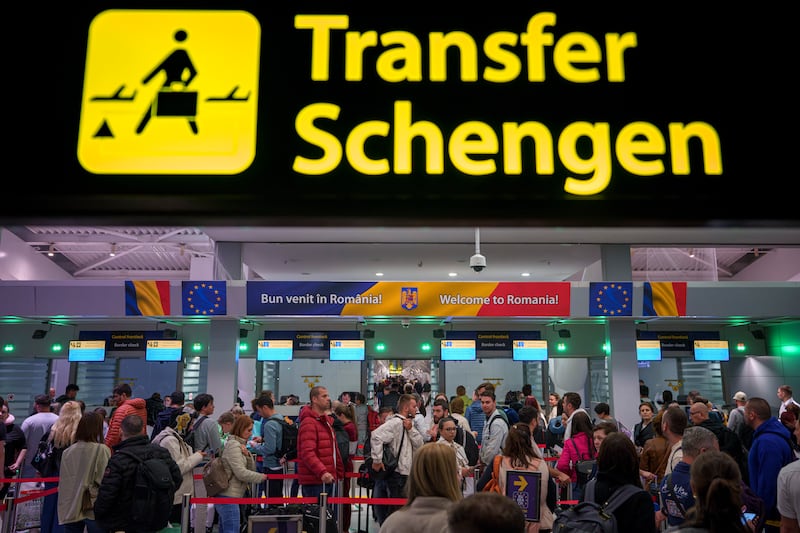CHIEF Brexit negotiator Michel Barnier has called for deeper discussions on how the UK's split from Europe will impact north-south relations on the island of Ireland.
After talks with Ireland's foreign affairs minister Simon Coveney in Brussels, Mr Barnier reiterated the need to protect the peace process.
"Our aim in the first phase of the Brexit negotiations is to ensure that the Common Travel Area and the Good Friday Agreement, of which the UK government has a special responsibility as co-guarantor, are not affected by the UK's decision to leave the union," Mr Barnier said.
Europe's chief negotiator said the Brexit decision was respected in Brussels.
And he said: "I said last week that while our discussions were fruitful, it's clear that a lot more substantial work needs to be done, in particular we need to continue discussions on all the areas of north-south cooperation."
Mr Coveney said protecting the peace process was most important.
He said it had created an effective invisible border – 500km long, with 260 road crossings and two million cars moving back and forth every month.
Mr Coveney said there was an assumption when the Good Friday Agreement was signed in 1998 that both Ireland and the UK would remain in Europe.
And he said questions remain over how Irish and British citizens can continue to travel freely over the border and across the Irish Sea in the wake of Brexit.
"Ireland is in the uniquely vulnerable position, as a small country, that has an interwoven relationship with the UK, from a trade perspective, from a historic perspective, from a political perspective, and of course we share the responsibility of a peace process on the island of Ireland together also," he said.
"The decision by the UK to leave the European Union has potentially an extraordinarily negative impact on Ireland, and on the island of Ireland."
Mr Barnier, who visited the Irish border earlier this year, described the meeting with Mr Coveney as an enjoyable and constructive working lunch.
He said that all EU member states and institutions are "fully united" with his claim that Ireland's concerns over Brexit were the European Union's concerns.
"At the same time we know that every solution we look at will have to be fully compatible with union law and with the single market," Mr Barnier said.
